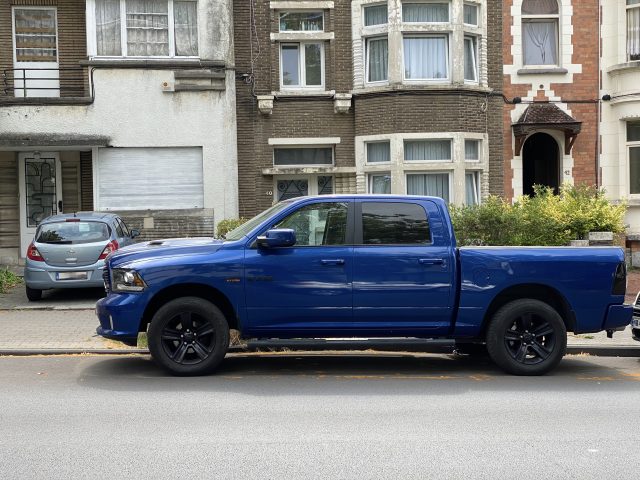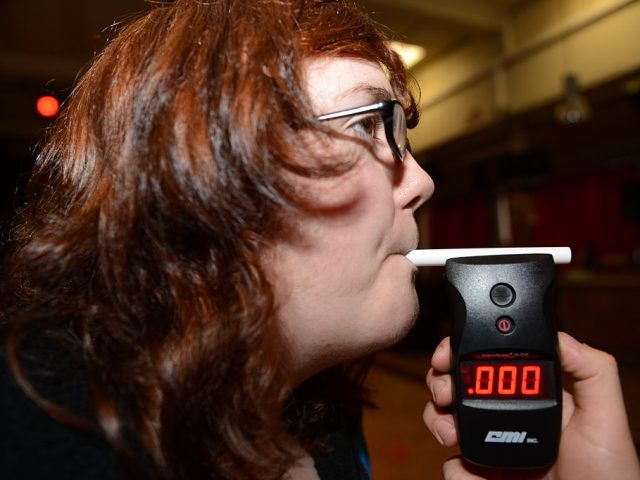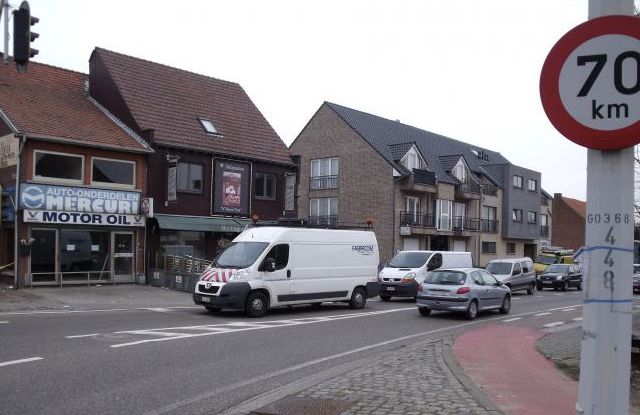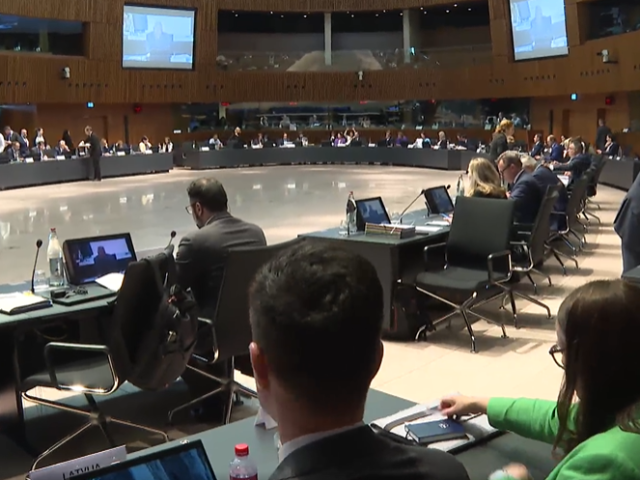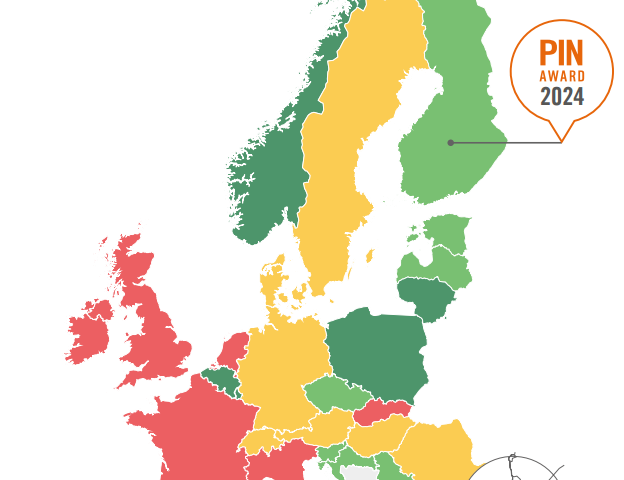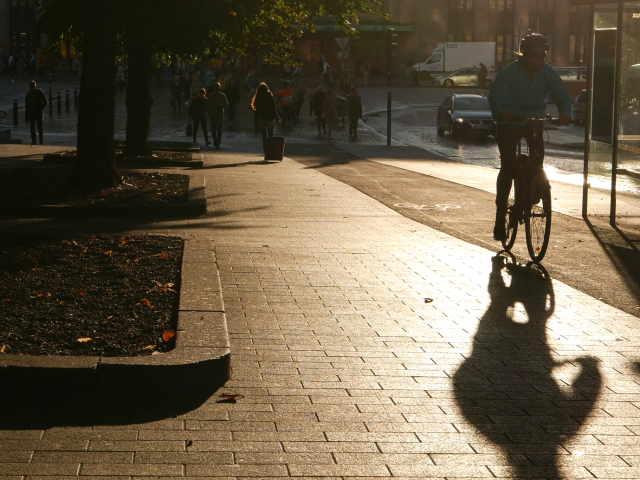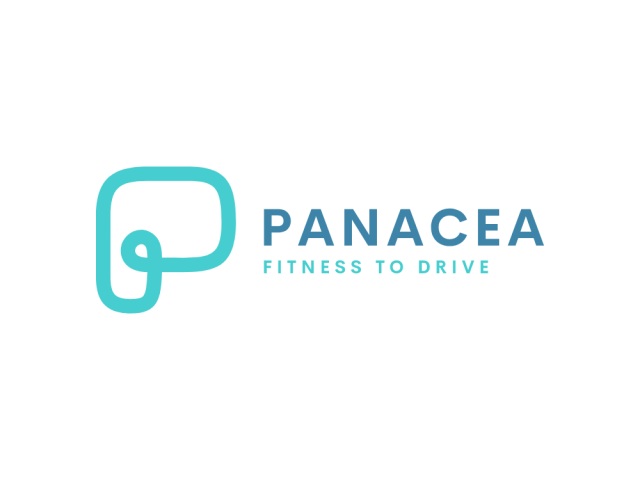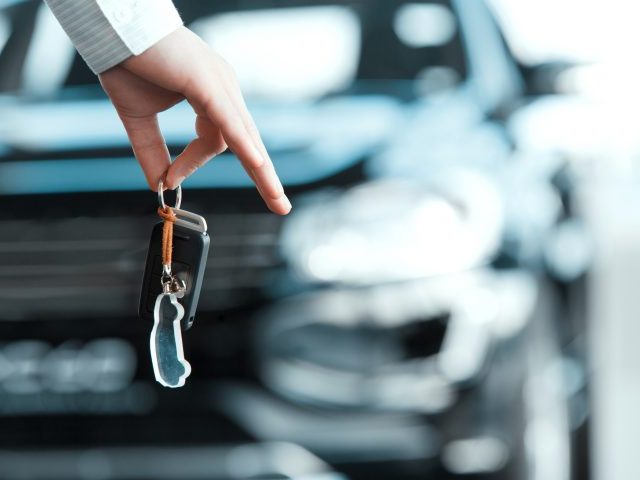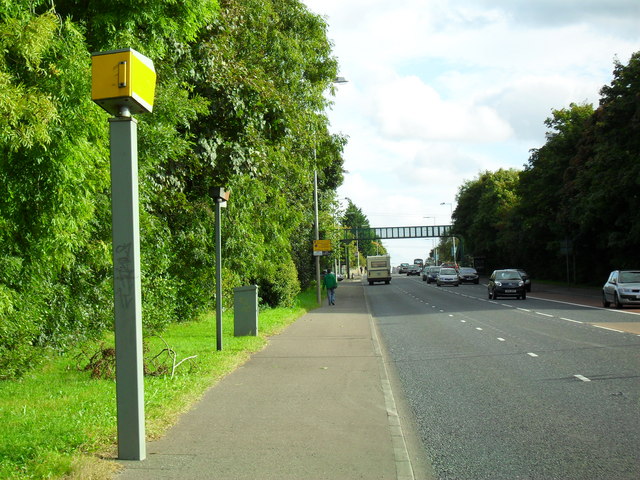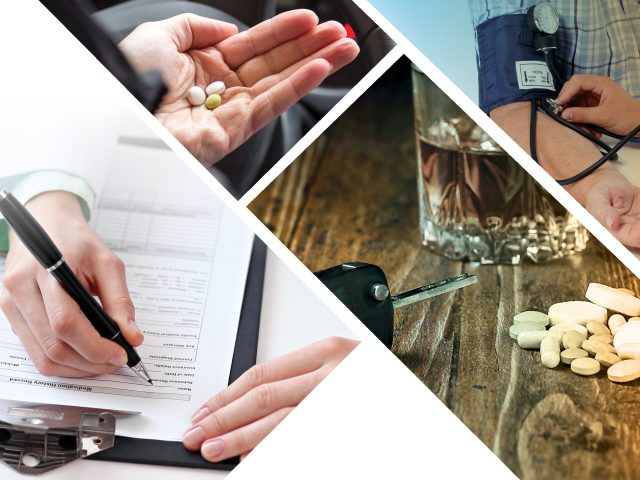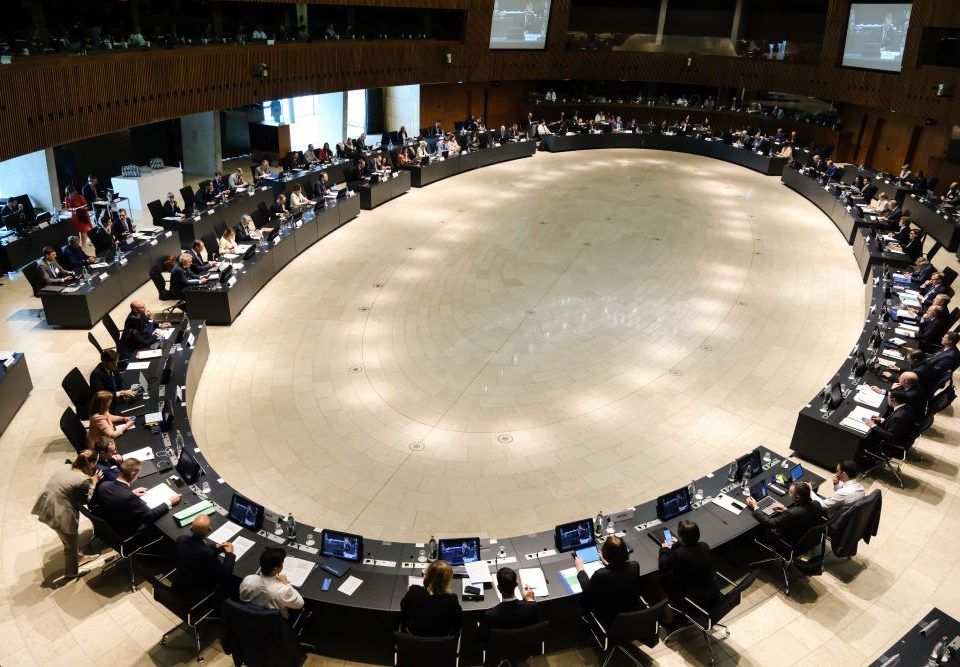
Transport ministers speak out on ‘cars for kids’, teenage lorry driver training and alcohol limits for novice drivers
EU transport ministers gave their initial views on the European Commission’s road safety package of proposed legislation launched in March at a meeting in Luxembourg on 1 June.
Much of the discussion focussed on proposed new rules covering driver licensing.
Timo Harakka, the Finnish transport minister strongly backed the proposal for 16-year-olds to be able to drive full-size, speed-limited cars. ETSC has strongly criticised that initiative, which was apparently inspired by an idea developed in Finland, on the grounds that it will significantly increase the risks for other road users and the young drivers of these vehicles. No other transport ministers mentioned the topic during the part of the meeting that was live streamed.
Young drivers behind the wheel of HGVs were also discussed, following the Commission’s proposal to allow 17 year-olds to begin accompanied training to drive a lorry at the age of 17. The current recommended minimum age for this category of vehicle in the EU is 21, though five countries allow 18-year-olds to drive HGVs under certain conditions. ETSC is concerned this change could encourage even more countries to allow youngsters to begin solo HGV driving from the age of 18. Belgium, Greece and Portugal expressed concerns about the potential for increased road risk from such a move.
Transport ministers from several countries, including Austria, Denmark, Germany and Poland questioned the road safety value of mandatory testing for older drivers. ETSC agrees, and says that fitness to drive is much more closely linked to medical conditions than age.
Concerns were also raised over so-called ‘self-assessment’ of driver health and fitness to drive, with several ministers complaining about the administrative burden and effectiveness of such a measure. ETSC says ‘self-assessment’ can work well, under the right conditions, and should be combined with a new protocol based on international good practice to help medical professionals detect potential medical conditions that could negatively affect driving. Greece said it would support development of such a protocol.
Lithuania welcomed the proposal to apply a zero-alcohol limit for all novice drivers. Latvia also spoke out in support. Ireland noted that it already has a zero blood alcohol level for novice drivers. Greece also welcomed the approach as part of a graduated driver licencing system. The Belgian transport minister went a step further and said that consideration should be given to applying the zero level to all drivers, which Czechia, Hungary, Romania and Slovakia already do. Others said the limits should be up to Member States to decide. But in fact, a large majority of Member States already have either a zero blood alcohol limit, or close to zero (0.2) for this group of drivers.
Discussions on the proposals will continue before the Council adopts its final position later this year. The European Parliament’s transport committee has also started work on the road safety package, and it is possible that an agreement between the institutions could be reached before the end of the year.
Background on the transport ministers’ meeting, and links to legislative documents:
